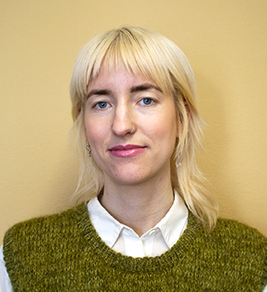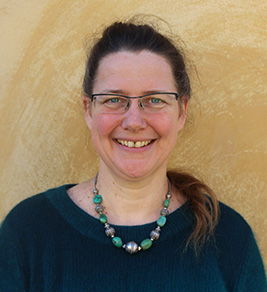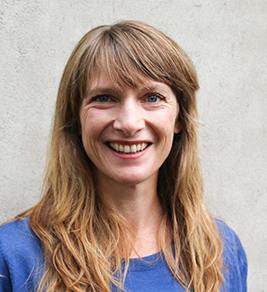In the face of climate change, biodiversity loss, and emerging maritime activities, we need to redefine how we collaborate over sea basins in the Nordic and Baltic Region. Rapid growth in industries like wind energy, fishing, and shipping is good for the economy but can harm the environment. Finding a balance is crucial – but how?
The European Union is moving to update Maritime Spatial Planning (MSP) practices in response to these challenges, but with knowledge and decision-making decentralised across countries and authorities, solutions are complicated to reach. Diverse countries and stakeholders possess pieces of the puzzle, underscoring the need for an MSP framework that is not only flexible but also visionary in the long term. We need to change how we use, know and plan the seas as we navigate a challenging future in which adaptive and collaborative governance is key.
eMSP NBSR brings together decision-makers to address challenges
The European Green Deal protects the seas, encouraging sustainable human activities in areas such as renewable energy and cleaner shipping. This is the backdrop against which the eMSP NBSR project operates. The research project, which stands for “Emerging Ecosystem-based Maritime Spatial Planning Topics in the North and Baltic Sea Regions”, develops knowledge and links stakeholders within the five most emerging topics in MSP: ocean governance, ecosystem-based MSP, sustainable blue economy, monitoring and evaluation, and data sharing.
Through collaboration and knowledge-sharing, eMSP is developing the capacity to better equip policymakers to address current and future challenges in the North and Baltic sea regions. The project’s culmination recently took place with a conference and the delivery of seven policy briefs, aimed at EU policymakers, local and regional authorities, maritime planners, businesses, NGOs, researchers, and universities.

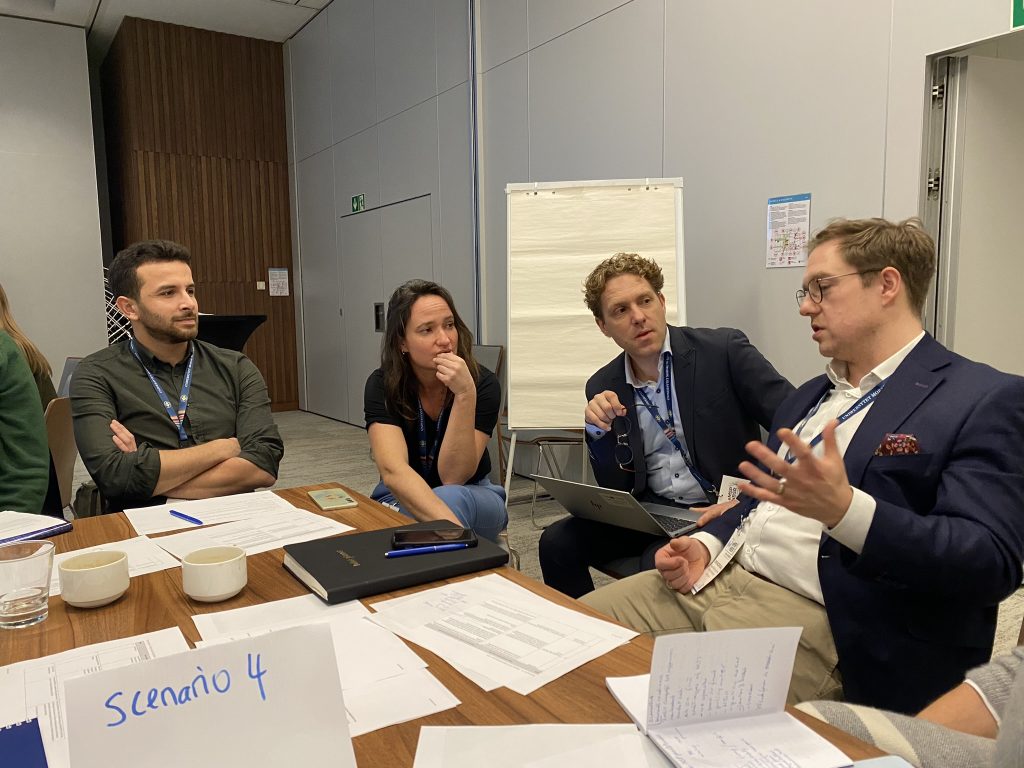
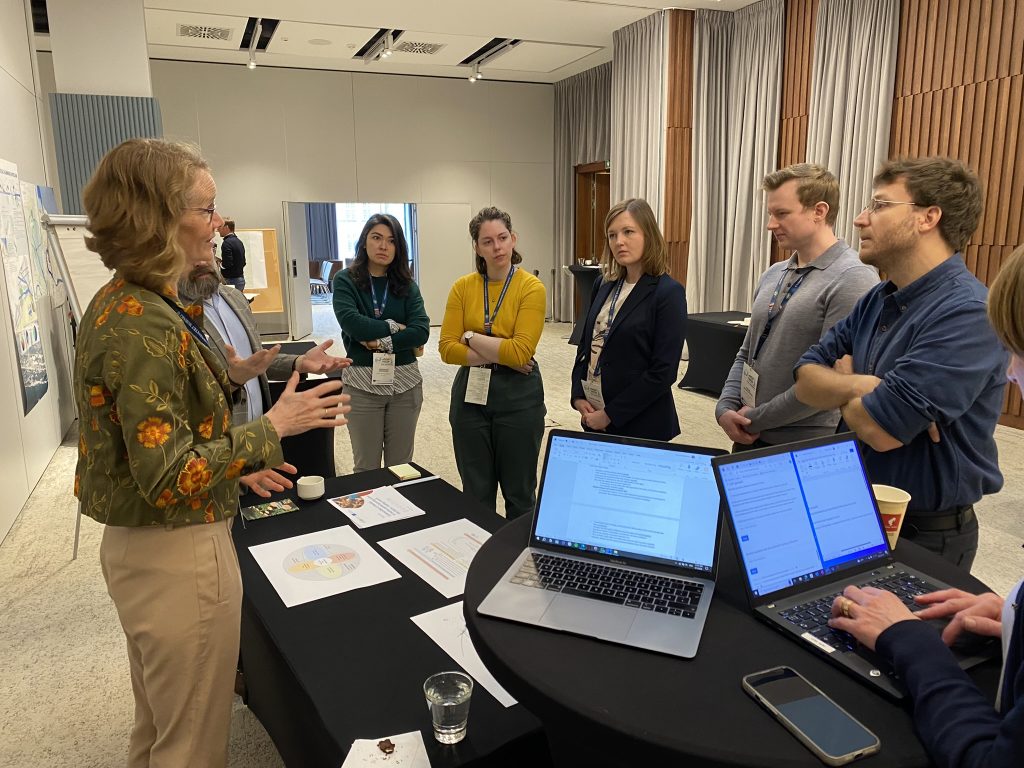
Nordregio was responsible for facilitating the eMSP NBSR Scientific Advisory Board and for documenting the learning in the project and resulting among other in a policy brief exploring the Community of Practice (CoP) approach tested in the project. The approach, aiming at learning together, used in this project, has gained attention due to its flexibility in particular when addressing and tackling complex issues, such as marine planning.
“We set out to explore how a CoP-based approach can be developed in a cross-basin MSP setting. The approach is collaborative in its nature, trusting that the community will network to reach solutions to the problems.” – Kerstin Bly Joyce, senior researcher at Nordregio.
“We have learned that, indeed, a CoP-based approach can deepen and widen collaborative learning and problem solving in cross-border MSP, and how to build and mentor it in a project context. We also learned that there are important prerequisites to make it work, such as an engaging topic, interested actors with a mandate joining around it, plus sufficient time and resources, including skilled facilitation using an equal, transparent and flexible approach. ” – Andrea Morf, project manager and senior researcher at Nordregio.

Kerstin Bly Joyce, presenting at the final conference
Community of Practices – how to
At the eMSP final conference, Nordregio presented the six fundamental pillars that successful CoP’s rely on:
Context – allowing time and resources for the CoP to set their own agenda and way of operating.
Content – narrowing down complex topics and making a plan for how to deal with them.
Support – providing expertise and flexible leadership to support the core group.
Community – open-minded people and diverse skills in a safe space – quality over quantity.
Work methods – equality, transparency and adaptiveness in discussions and final products.
CoP learning – intangible outcomes are just as important as concrete outputs.
All project policy briefs are accessible to anyone interested in promoting a sustainable future of our shared seas. They are concise on complex issues, with actionable and targeted recommendations. Find them here.
A longer Practice Brief and a scientific article providing the analytical framework developed in the project and analysing project work from a CoP perspective are on the way and will be available via the link above as well.
Watch the video below – explaining the project in a nutshell!

